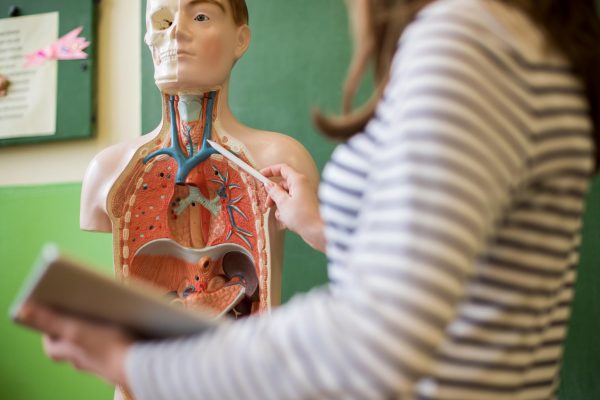Human body responds dynamically when making shifts in daily routines and habits. Each organ system adapts uniquely to modifications in activity levels, eating patterns, and rest cycles. Let’s explore how different organs transform and optimize their functions based on lifestyle adjustments.
Heart and circulatory adaptations
The heart muscle strengthens and becomes more efficient with regular physical activity. Blood vessels expand their capacity and form new pathways to supply oxygen-rich blood throughout the body. The heart rate lowers during rest periods as cardiac output improves. These positive changes allow for enhanced endurance and stamina during daily tasks.
Lung adjustments
The respiratory system increases its capabilities through consistent movement and exercise. The lungs expand their air capacity and boost oxygen absorption rates. Breathing muscles grow stronger and work more effectively. This results in easier breathing, even during challenging activities.
Liver responses
This vital organ adapts its processing abilities based on dietary modifications. It adjusts enzyme production and metabolic pathways according to nutrient intake patterns. The liver also enhances its detoxification processes and regulates blood sugar more effectively with balanced eating habits.
Brain plasticity

Neural pathways reorganize and strengthen as new lifestyle habits form. The brain creates fresh connections supporting recently adopted behaviours while pruning unused circuits. This rewiring helps establish and maintain positive changes over time.
Digestive system modifications
Gastrointestinal tract adjusts its functions based on eating patterns and food choices. Enzyme production shifts to process different nutrient combinations more efficiently. The gut microbiome population changes to optimize the digestion of new dietary components. Medical Weight Loss Clinic Navarre specialists observe how organs adapt differently for each person making lifestyle modifications.
Kidney adaptations
The renal system enhances its filtering capabilities and fluid balance regulation with improved hydration habits. Kidneys become more efficient at maintaining optimal electrolyte levels and removing waste products. Their blood pressure management abilities also advance with positive lifestyle changes.
Hormonal system adjustments
Endocrine glands modify their hormone production and release patterns to support new activity and eating routines. This helps regulate energy usage, appetite signals, and cellular repair processes more effectively. A balanced hormonal environment promotes sustainable changes.
Sleep cycle regulation
The circadian rhythm adjusts to established rest and activity patterns. This helps optimize hormone release timing and cellular repair processes. Quality sleep supports overall organ adaptation and function optimization.
Skin responses
The body’s largest organ shows visible changes through improved circulation and cell turnover. Skin texture and tone enhance as internal organ functions optimize. The protective barrier function strengthens with balanced lifestyle habits.
Long-term organ optimization
With consistent positive changes, organs establish new baseline functioning levels. These adaptations become the standard operating mode rather than temporary adjustments. The integrated responses create sustainable improvements across body systems.
Different organ systems coordinate their adaptation responses to support overall body function. This integrated approach ensures balanced adjustments across all physiological processes. The coordinated changes promote optimal performance and wellbeing.




